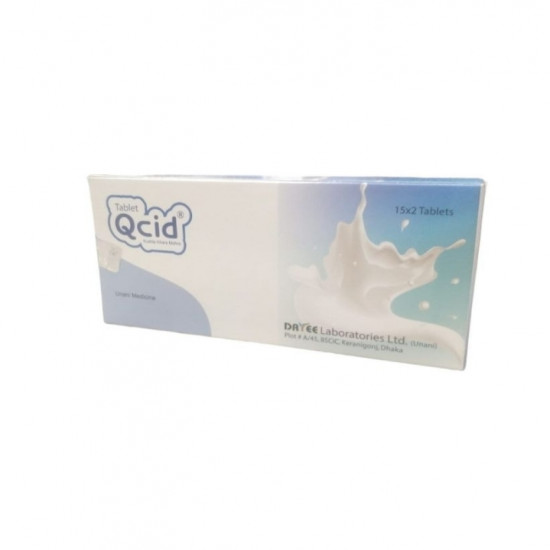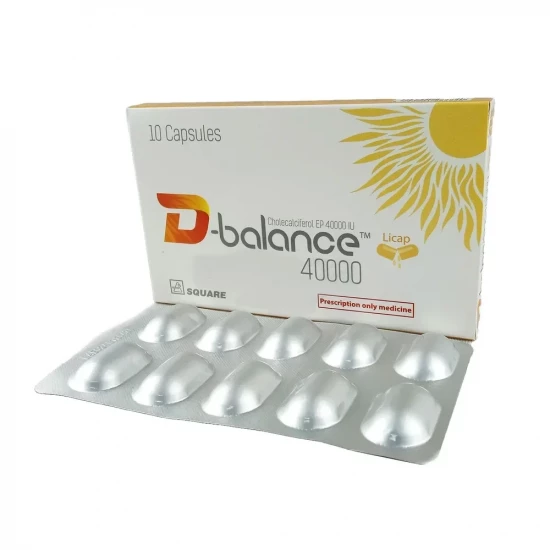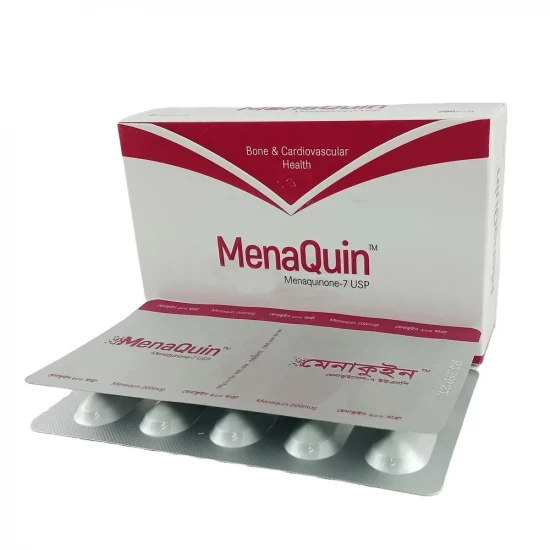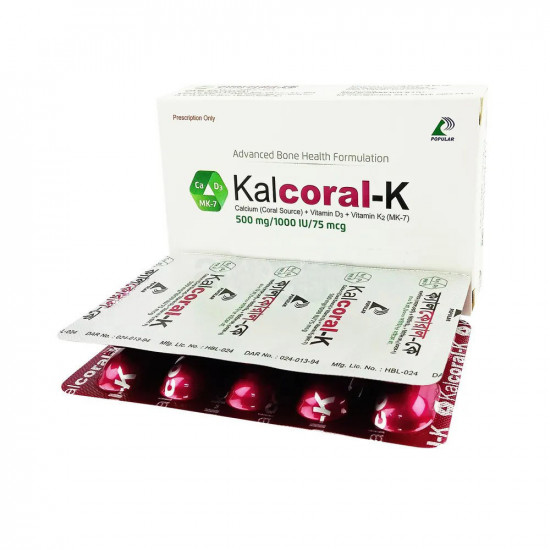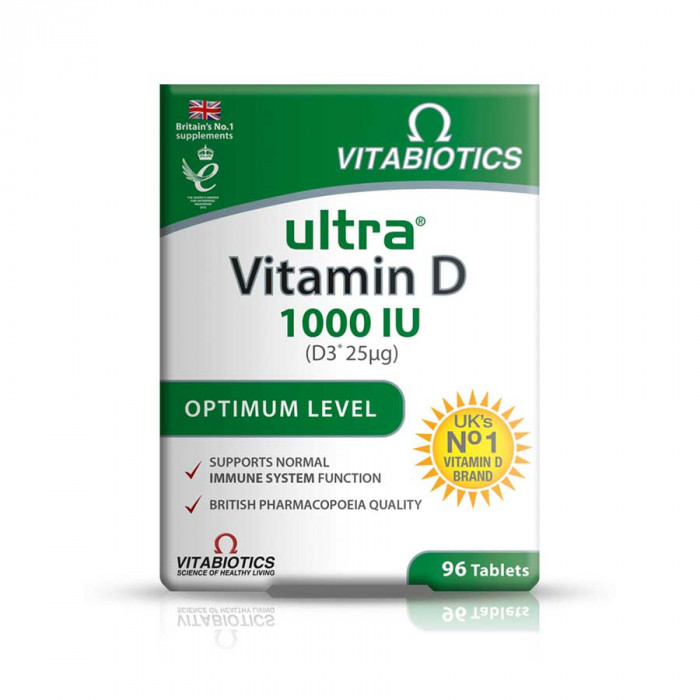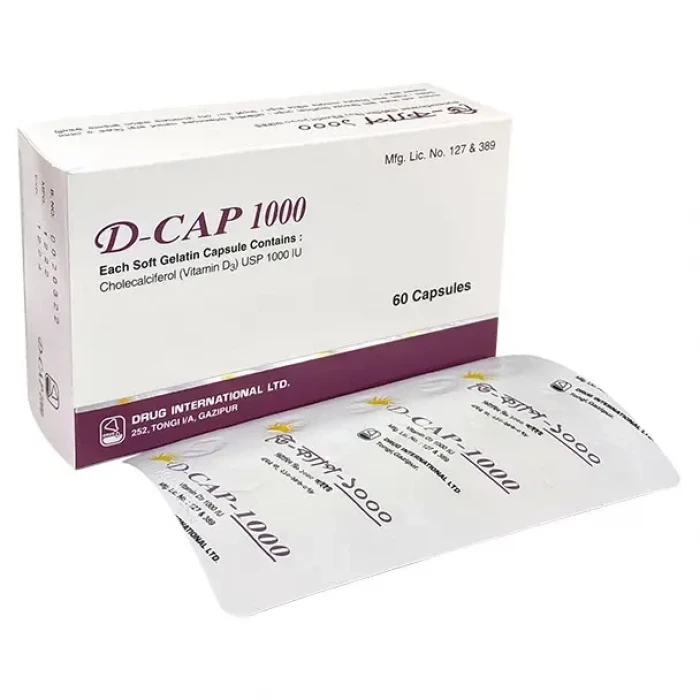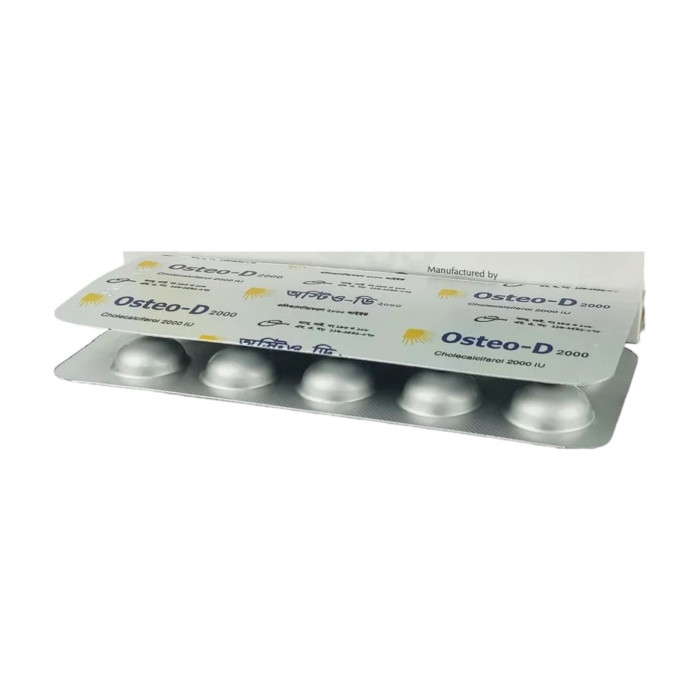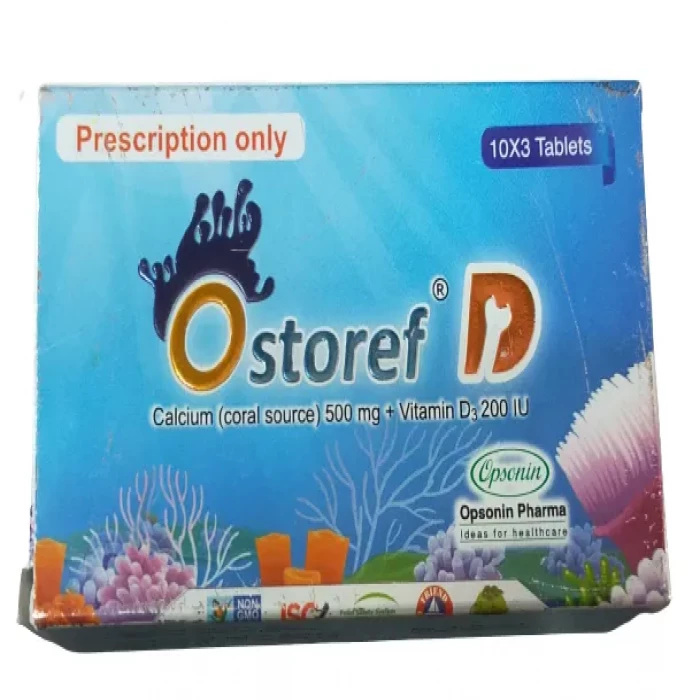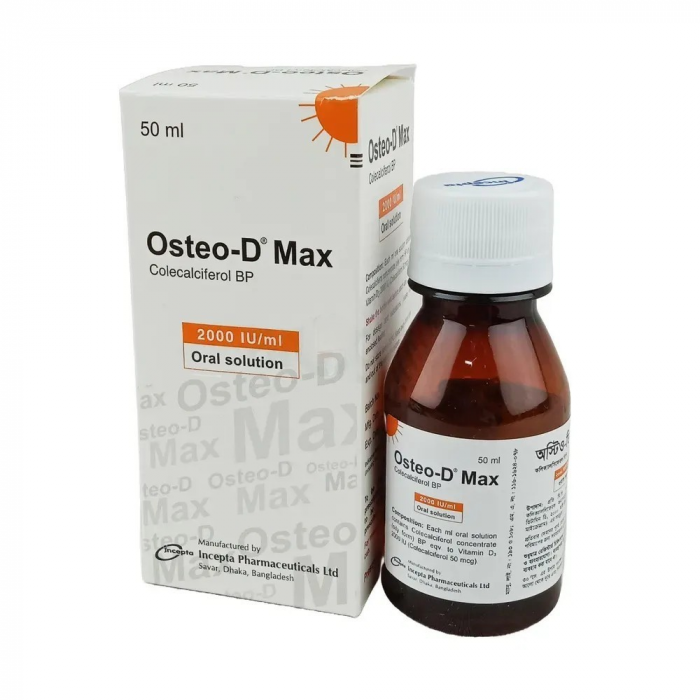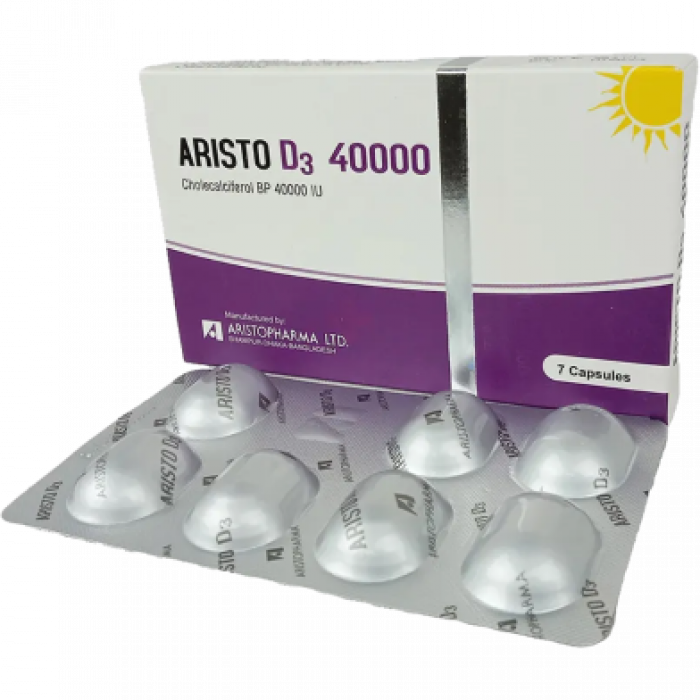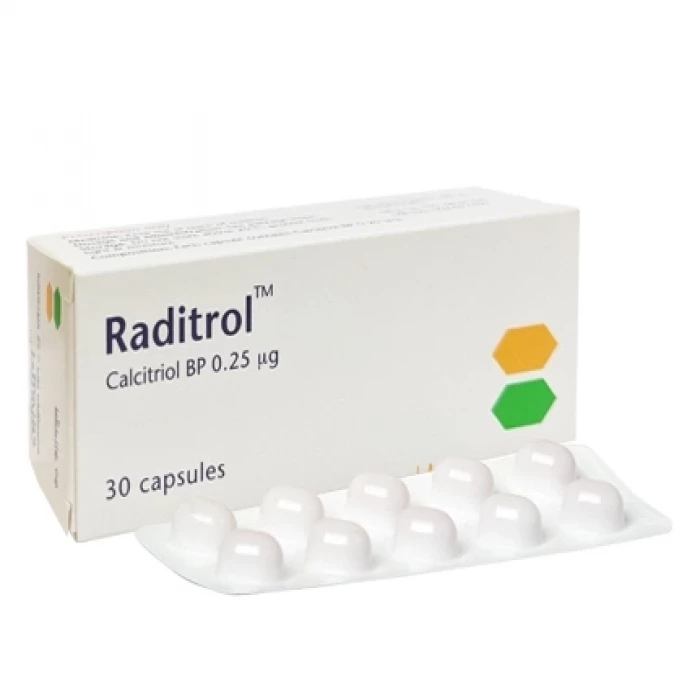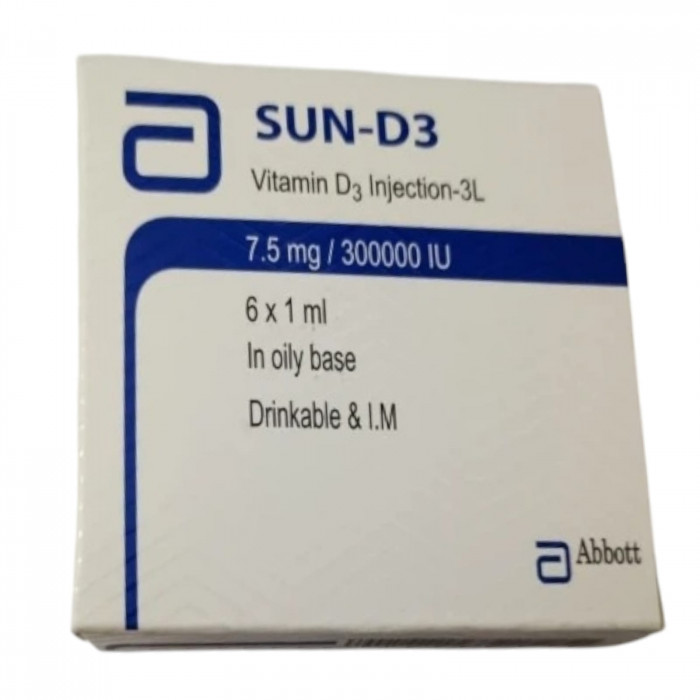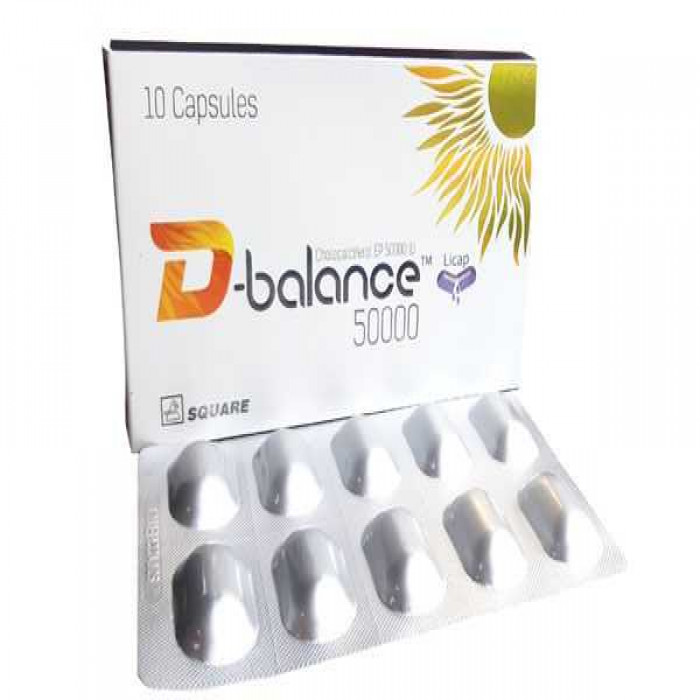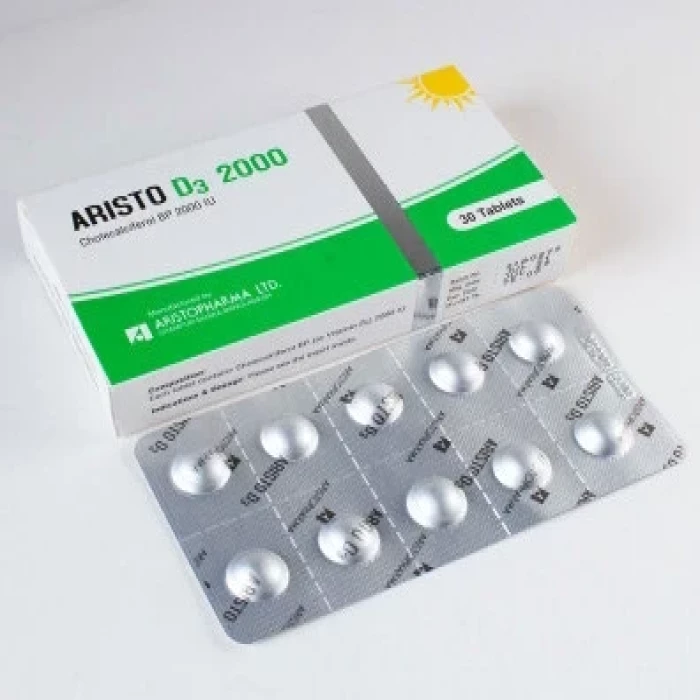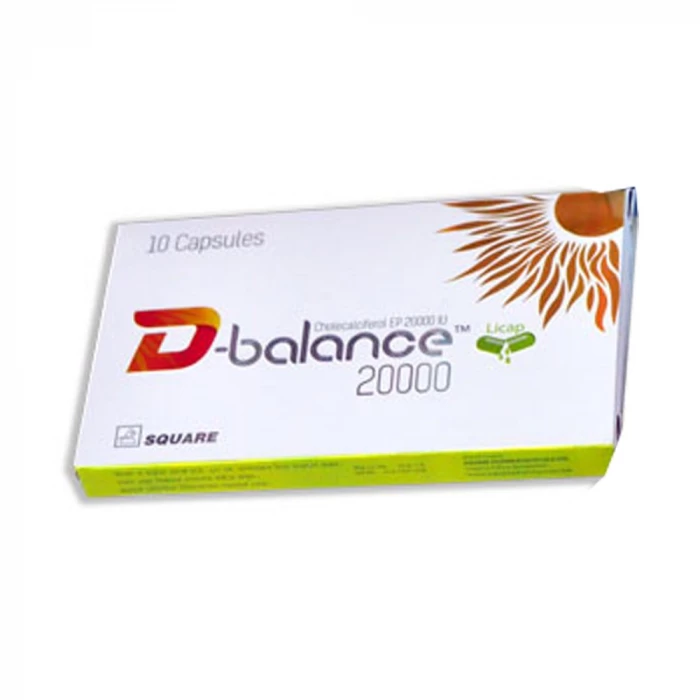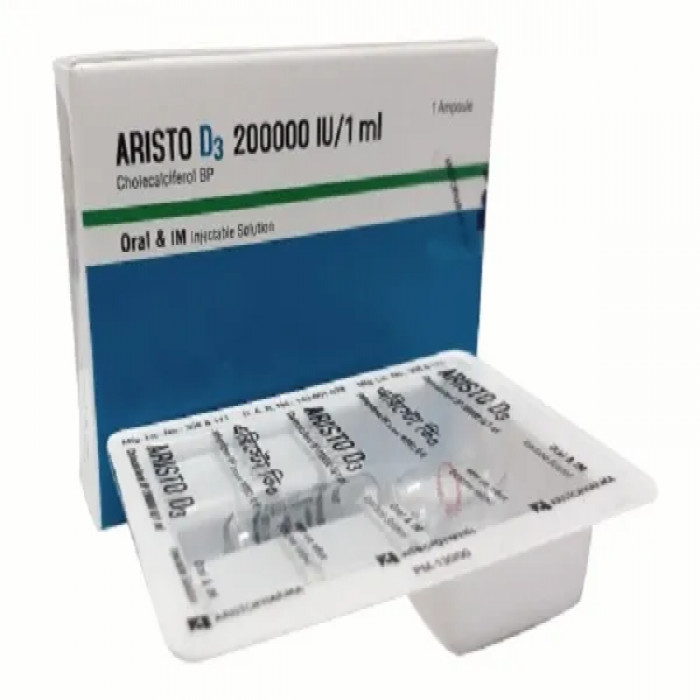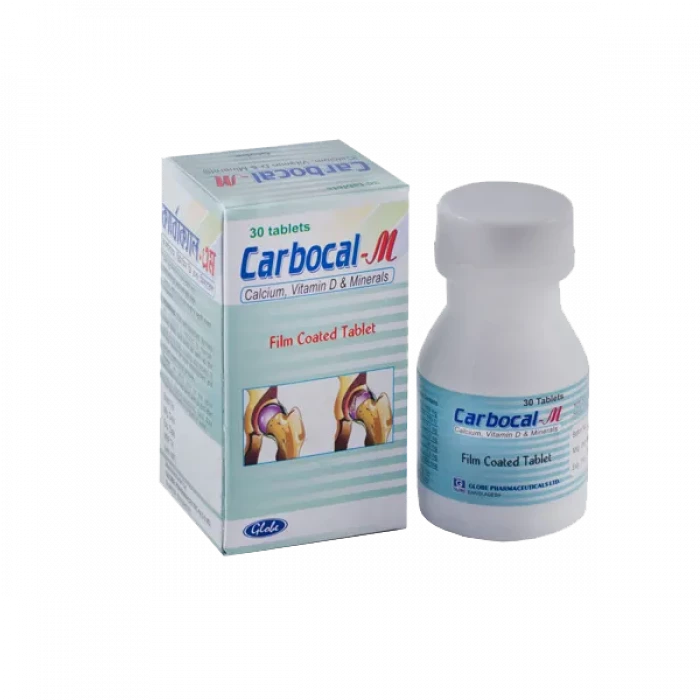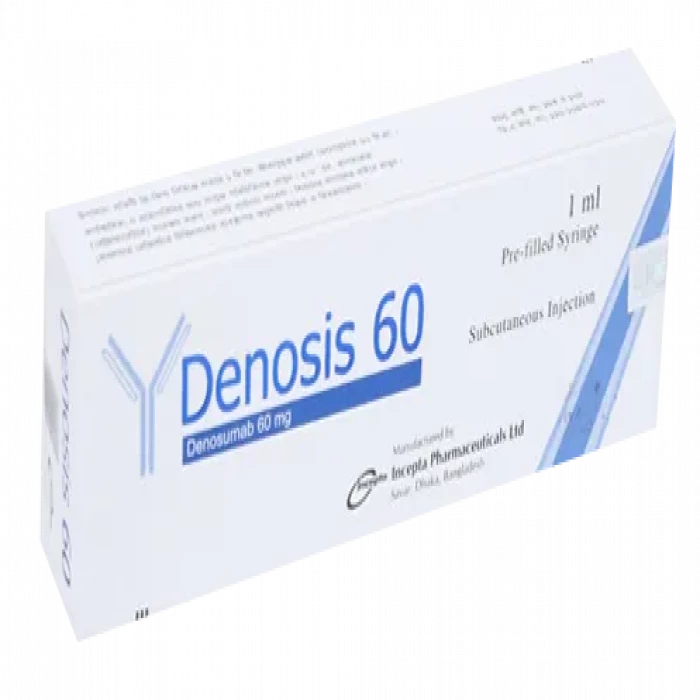
✔ 100% Authentic Product
👁️ Currently Viewing 5679
Denosis 60/1ml Injection
Denosumab Treats-
- Osteoporosis and bone loss in women after menopause
- Increased risk of bone fractures in men
- Bone loss (caused by a reduction in testosterone or long-term treatment with glucocorticoids)
Discount
Price: ৳ 16,200
MRP:
৳
18000
10%
Off

100% Genuine Products, Guaranteed

Safe & Secure Payments, Always

Fast, Secure & Efficient Delivery

Proper Packaging
 Cash on Delivery - All over Bangladesh
Cash on Delivery - All over Bangladesh Regular Delivery - 12-24 Hours, Dhaka City* Charge Tk.39-59
Regular Delivery - 12-24 Hours, Dhaka City* Charge Tk.39-59 Regular Delivery - 24-48 Hours, Other Cities* Charge Tk.99-110
Regular Delivery - 24-48 Hours, Other Cities* Charge Tk.99-110
🌙 রমযান অফার 🌙
 ফ্রি ডেলিভারিঃ - ৭৯৯ টাকা+ অর্ডারে, ঢাকা
শহরে
ফ্রি ডেলিভারিঃ - ৭৯৯ টাকা+ অর্ডারে, ঢাকা
শহরে ফ্রি ডেলিভারিঃ - ২৭৯৯ টাকা+ অর্ডারে, ঢাকার
বাহিরে
ফ্রি ডেলিভারিঃ - ২৭৯৯ টাকা+ অর্ডারে, ঢাকার
বাহিরে
📲 মোবাইল অ্যাপ অর্ডারে সাশ্রয় বেশী
-
Google Play Store থেকে ডাউনলোড
-
Apple Store থেকে ডাউনলোড
100% Genuine Products, Guaranteed
Safe & Secure Payments, Always
Fast, Secure & Efficient Delivery
Proper Packaging
 Cash on Delivery - All over Bangladesh
Cash on Delivery - All over Bangladesh Regular Delivery - 12-24 Hours, Dhaka City* Charge Tk.39-59
Regular Delivery - 12-24 Hours, Dhaka City* Charge Tk.39-59 Regular Delivery - 24-48 Hours, Other Cities* Charge Tk.99-110
Regular Delivery - 24-48 Hours, Other Cities* Charge Tk.99-110 ফ্রি ডেলিভারিঃ - ৭৯৯ টাকা+ অর্ডারে, ঢাকা
শহরে
ফ্রি ডেলিভারিঃ - ৭৯৯ টাকা+ অর্ডারে, ঢাকা
শহরে ফ্রি ডেলিভারিঃ - ২৭৯৯ টাকা+ অর্ডারে, ঢাকার
বাহিরে
ফ্রি ডেলিভারিঃ - ২৭৯৯ টাকা+ অর্ডারে, ঢাকার
বাহিরে- Google Play Store থেকে ডাউনলোড
- Apple Store থেকে ডাউনলোড
🌙 রমযান অফার 🌙
📲 মোবাইল অ্যাপ অর্ডারে সাশ্রয় বেশী
✅ Description:
Denosumab is primarily used to treat osteoporosis, a condition characterized by reduced bone density, resulting in weaker and more fragile bones. It is prescribed to:
- Postmenopausal Women and Men at High Risk for Fractures: Denosumab is administered when individuals are at an increased risk of fractures and have not responded effectively to other medications for osteoporosis.
- Men with Prostate Cancer and Women with Breast Cancer: It is also used in cases where treatment with specific medications leads to bone loss. Denosumab helps manage this bone loss in men with prostate cancer and women with breast cancer undergoing therapy that can result in decreased bone density.
- Patients with Bone Cancer and Multiple Myeloma: This medication reduces the risk of fractures in patients who have bone cancer or multiple myeloma, a type of blood cancer.
Denosumab acts to strengthen bones and minimize the risk of fractures in these different clinical scenarios. However, Denosis 60/1ml Injection is not suitable for individuals with hypocalcemia (low blood calcium levels) or those with dental problems. Pregnant or breastfeeding women should consult their doctors before using this medication. It is not intended for children and adolescents under 18 years of age.
Safety Advices

Alcohol
UNSAFE
Interaction with alcohol is unknown.

Pregnancy
CONSULT YOUR DOCTOR
Denosis 60/1ml Injection is not recommended during pregnancy. If pregnancy occurs during treatment or within 5 months after stopping it, consult your doctor.

Breastfeeding
CONSULT YOUR DOCTOR
It is unclear whether Denosis 60/1ml Injection is excreted in human breast milk. Your doctor will help you decide whether to discontinue breastfeeding or discontinue the treatment, considering the benefits to both the mother and the baby.

Driving
CAUTION
Denosis 60/1ml Injection has minimal impact on the ability to drive and operate machinery.

Kidney
CONSULT YOUR DOCTOR
Caution is advised when using Denosis 60/1ml Injection in patients with severe kidney problems, kidney failure, or those who have undergone dialysis. Consult your doctor before using it.

Liver
CONSULT YOUR DOCTOR
Consult your doctor if you have a liver impairment or any concerns regarding this.
✔️ Uses of Denosis 60/1ml Injection
Osteoporosis, bone loss, giant cell tumor of the bone, high calcium levels.
✔️ How does Denosis 60/1ml Injection work?
Denosis 60/1ml Injection effectively prevents bone resorption by binding tightly to RANKL, a protein that plays a key role in bone breakdown. This interaction inhibits the formation, function, and survival of osteoclasts, which are responsible for absorbing and removing bone. As a result, bone resorption is reduced.
✔️ Side Effects of Denosis 60/1ml Injection
- Bone/joint/muscle pain
- Pain in extremities (arm/leg pain)
- Abdominal discomfort
- Constipation
- Painful/frequent urination
- Upper respiratory tract infection
- Rash
- Eczema
- Hair loss
✔️ Quick Suggestions:
- Denosumab is a medication used to treat thinning of the bones (called osteoporosis).
- Take calcium and vitamin D to help build your bones when taking Denosumab.
- Do not take if you are pregnant or plan to become pregnant.
- May cause a rare problem of the jaw (osteonecrosis), mostly seen after a dental procedure. Tell your doctor if you develop sudden jaw pain.
- Denosumab may also increase the risk of infection. Avoid being close to people with cold, flu, or other contagious illnesses.
- Tell your doctor if you develop a rash while taking Denosumab.
✔️ Osteoporosis
is a bone disease characterized by the weakening and thinning of bones, leading to a decrease in bone density. As bone density decreases, bones become fragile and are more susceptible to fractures. Postmenopausal women are at a higher risk of developing osteoporosis because the ovaries stop producing estrogen, a hormone crucial for maintaining bone health, after menopause. As a result, bone loss occurs, rendering bones weak and prone to fractures. Although osteoporosis is more commonly associated with women, it can also affect men due to aging or low levels of testosterone. Common signs and symptoms of osteoporosis include back pain resulting from fractured or collapsed vertebrae, a gradual loss of height over time, a stooped posture, and bones that break more easily than expected.
✔️ Pharmacology
✔️ Dosage & Administration of Denosis 60/1ml Injection
Adult Dose:
- Osteoporosis: 60 mg SC every 6 months. Calcium supplementation of 1000 mg/day and vitamin D supplementation of 400 IU/day should be provided.
- Aromatase Inhibitor Induced Bone Loss (Women with breast cancer): 60 mg SC every 6 months.
- Androgen Deprivation Induced Bone Loss (Men with prostate cancer): 60 mg SC every 6 months.
- Skeletal-Related Events Prevention: 120 mg (1.7 mL) SC every 4 weeks for patients with bone metastases from solid tumors.
- Giant Cell Tumor (Treatment of adults and skeletally mature adolescents): 120 mg SC every 4 weeks with an additional 120 mg on days 8 and 15 during the first month of therapy.
- Hypercalcemia of Malignancy: 120 mg SC every 4 weeks. Two additional 120 mg doses should be given during the first month of therapy on Days 8 and 15.
Elderly: No dosage adjustment is required based on available safety and efficacy data in the elderly.
Hepatic Impairment: The safety and efficacy have not been studied in patients with hepatic impairment.
Renal Dose:
- Renal Impairment: Based on available safety and efficacy data in the elderly, no dosage adjustment is required for patients with renal impairment.
- Patients with severe renal impairment (creatinine clearance <30 mL/min) or those receiving dialysis are at greater risk of developing hypocalcemia. Adequate intake of calcium and vitamin D is essential for these patients.
Administration:
Denosumab should be administered subcutaneously (SC) in the upper arm, upper thigh, or abdomen. It should not be given intradermally, intramuscularly, or intravenously. Avoid vigorous shaking of the vial or syringe.
✔️ Interaction
Inform your doctor if you have hypocalcemia (low levels of calcium in the blood) or immunosuppression.
✔️ Contraindications
Clinically significant hypersensitivity to denosumab or to any of the components.
✔️ Pregnancy & Lactation
- Denosumab is contraindicated during pregnancy due to findings in animals and its mechanism of action, which can potentially cause harm to the fetus when administered to a pregnant woman.
- In animal studies, in utero exposure in cynomolgus monkeys receiving monthly denosumab throughout pregnancy at a dose 50-fold higher than the recommended human dose based on body weight resulted in increased fetal loss, stillbirths, postnatal mortality, and various abnormalities in the offspring.
- Denosumab is present at low concentrations (~2% of serum exposure) in the seminal fluid of male subjects receiving therapy. However, following vaginal intercourse, the maximum amount of denosumab delivered to a female partner would result in exposures ~11,000 times lower than the prescribed 60 mg subcutaneous dose. Therefore, the use of male condoms is not considered necessary, as it is unlikely that a female partner or fetus would be exposed to pharmacologically relevant concentrations of denosumab via seminal fluid.
Contraception:
- For females of reproductive potential, it is advised to use effective contraception during denosumab therapy and for at least 5 months after the last dose of denosumab.
- For males, while denosumab is present in seminal fluid at low concentrations, condom use is not considered necessary because the exposure of a female partner or fetus to pharmacologically relevant concentrations of denosumab via seminal fluid is unlikely.
Lactation:
- There is no information available regarding the presence of denosumab in human milk, its effects on breastfed infants, or its impact on milk production.
✔️ Precautions & Warnings
- Correct hypocalcemia before starting denosumab therapy. Patients should receive calcium and vitamin D supplements during treatment unless hypercalcemia is already present.
- Patients should be monitored for skin infections, with cellulitis being a predominant concern.
- Osteonecrosis of the jaw has been reported in patients with advanced cancer. Dentists may advise dental examinations and preventive dentistry before treatment.
- There is a risk of atypical femoral fractures associated with denosumab.
- Denosumab should be used with caution in patients with severe renal impairment or those undergoing dialysis.
- The use of denosumab is contraindicated during pregnancy. It is essential to consult with a healthcare provider regarding the use of denosumab while breastfeeding.
- Denosumab is not recommended for use in children.
✔️ Storage Conditions
Denosumab should be stored in a refrigerator at 36°F to 46°F (2°C to 8°C) in the original carton. Warm temperatures can make it ineffective, and therefore proper storage is necessary. When you remove it from the refrigerator, keep it at room temperature [up to 77°F (25°C)] in the original carton and use it within 14 days.
⚠️Disclaimer:
At ePharma, we’re committed to providing accurate and accessible health information. However, all content is intended for informational purposes only and should not replace medical advice from a qualified physician. Please consult your healthcare provider for personalized guidance. We aim to support, not substitute, the doctor-patient relationship.




